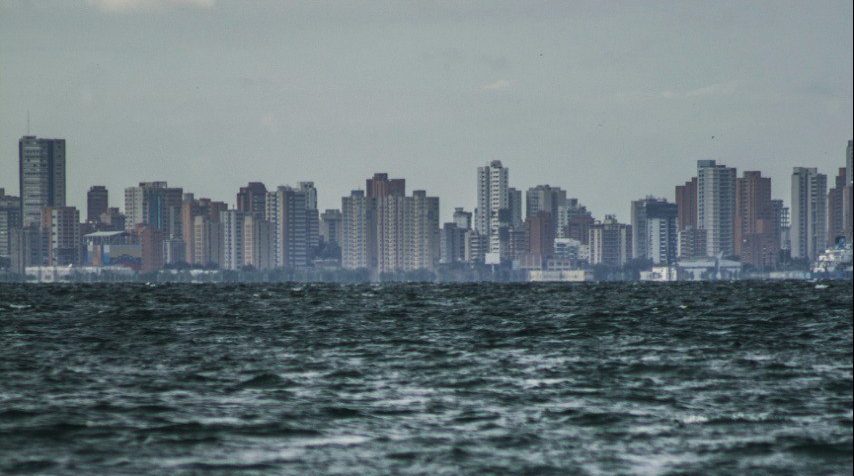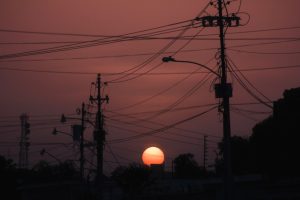What generates the legitimacy of a norm; and therefore the possibility of its application is the social necessity of its existence, in a State like Venezuela that in theory practices social democracy, the State creates a series of social expectations for the population, and therefore its obligation to satisfy them. According to the Author Bacigalupo, the state is not the one who grants fundamental rights but rather the one who must create the conditions for their realization or enjoyment. In this way, the state legitimizes itself through the implementation of policies that protect fundamental rights; therefore, these rights limit its autonomy from the beginning and operate as a source of obligations for it.
The state is delegitimized in its power when it fails to comply with the obligations inherent to its function, and where citizen distrust becomes necessary because this operation is not guaranteed or the relationship of the systems with the environment is dysfunctional and conflictive, this both for the relationship between the economic and political systems, as well as the relationship between citizens and the state.
Citizens evaluate the performance of institutions and politicians, in our realities we must expect that citizen effectiveness is halfway between the rule of law and the arbitrariness that defines its absence, it is the state of transition or consolidation.
Effective trust.
However, what happens when citizens lose that effective trust in a State due to lack of rule of law?
It translates into an environment that contaminates the functioning of the political system, making the tendency towards the functioning of a vicious or perverse circle, where other factors operate such as justice by one’s own hands, difficult relationship between powers, petty interests of the social whole. and, finally, loss of respect for public institutions.
This situation creates an anarchic environment that, although it has not been generated by the absence of public power, has been the subsidiary consequence of the lack of response to the creation of conditions conducive to respect for Human Rights or compliance with formal obligations. that this assumes towards the citizens, this has translated over the years into negative demonstrations against the representation of public powers in Venezuela.
Our region.
If we talk about the state of Zulia, there are clear examples of the living expression of an anarchic state, the robbery with fracture of the courthouse headquarters, the attacks against the courthouse headquarters by defendants; Finally, and the most recent of the cases, it is the reference of the protests carried out by the Yukpa ethnic group that has risen from throwing bows and dates at police, judicial officials to blocking the bridge over the lake.
This has been the result of years where the civic space has been constantly transgressed and with that the rights of citizens, this being a constant, Venezuelan society carries in its DNA genes of distrust that has led to the absolute disconnection between society and institutions. public, which only translates into sooner rather than later the fateful death of the social contract and consequently the anarchy of a people as a form of social control.






